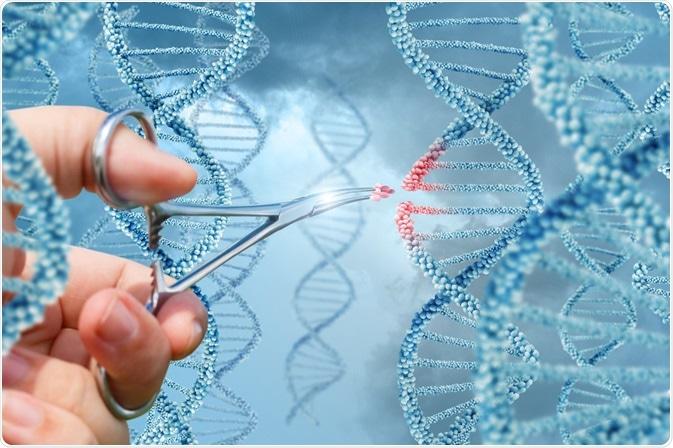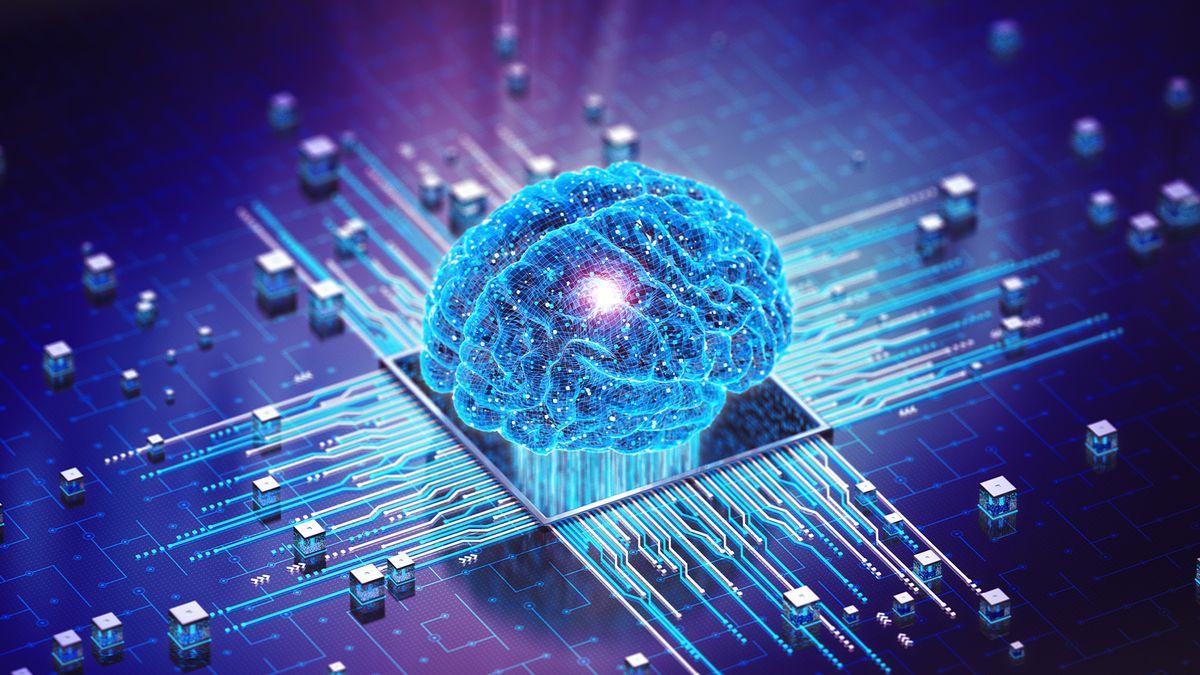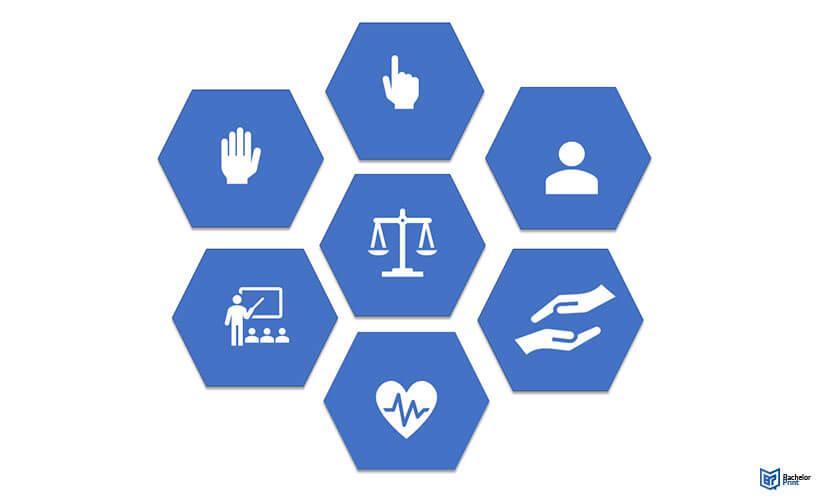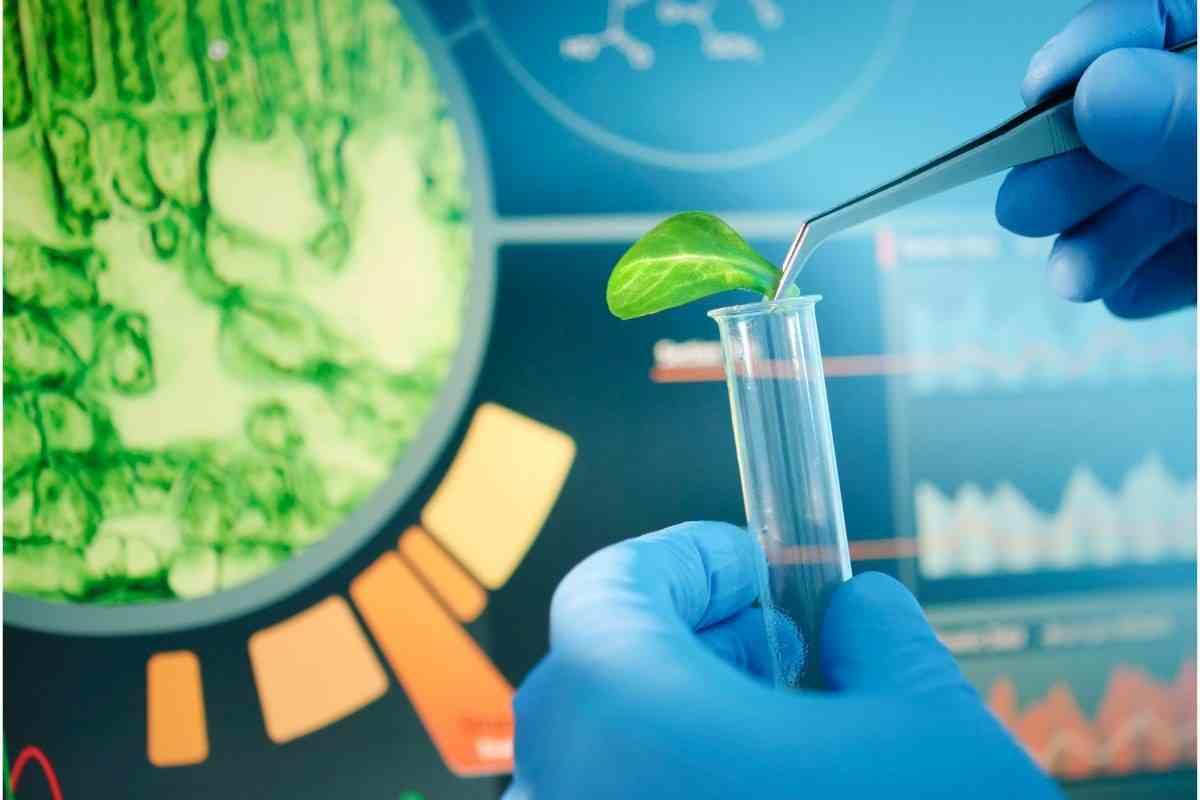In a world where innovation is constantly pushing boundaries and redefining possibilities, biotechnology has emerged as a game-changer in the realm of healthcare. From personalized medicine to gene editing, the field of biotechnology is experiencing a revolution that promises to transform the way we approach healthcare. In this article, we will explore some of the emerging trends in biotechnology and delve into its groundbreaking applications in the realm of healthcare. Join us as we uncover the exciting advancements that are shaping the future of medicine.
Heading 1: Innovative Gene Editing Techniques Transforming Precision Medicine
In the fast-evolving field of biotechnology, innovative gene editing techniques have revolutionized the landscape of precision medicine. These cutting-edge tools are enabling scientists to manipulate genetic material with unprecedented accuracy, offering new possibilities for treating a wide range of diseases.
<p>One of the most remarkable advancements in this field is the development of CRISPR-Cas9 technology, which allows for targeted modifications to specific genes. This breakthrough has opened up doors for personalized medicine, where treatments can be tailored to individual genetic profiles. With the potential to correct genetic mutations and prevent hereditary diseases, these techniques are paving the way for a new era of healthcare.</p>

Heading 2: Harnessing Artificial Intelligence for Drug Discovery and Development
Artificial intelligence is revolutionizing the field of drug discovery and development, providing scientists with powerful tools to expedite the process of bringing new medications to market. By harnessing the capabilities of AI, researchers can analyze massive datasets, predict the efficacy of potential drug candidates, and even design new molecules with specific properties. This technology has the potential to significantly reduce the time and cost associated with drug development, ultimately improving patient outcomes and accelerating medical progress.
With the emergence of AI in biotechnology, healthcare applications are also experiencing a transformation. From personalized medicine to predictive analytics, AI is enabling healthcare providers to deliver more tailored and effective treatments to patients. By leveraging machine learning algorithms and advanced data analytics, medical professionals can better diagnose diseases, optimize treatment plans, and improve overall patient care. As AI continues to advance, the possibilities for leveraging this technology in healthcare are endless, promising a future where precision medicine is the norm.

Heading 3: Advancements in Personalized Medicine Revolutionizing Patient Care
Personalized medicine is transforming the way patients receive healthcare by tailoring treatments to their individual genetic makeup, lifestyle, and preferences. This approach allows for more precise diagnoses and targeted therapies, leading to improved patient outcomes and reduced side effects. With advancements in biotechnology, researchers are now able to analyze a patient’s DNA, proteins, and other biomarkers to develop personalized treatment plans that are more effective and efficient.
The use of artificial intelligence and machine learning algorithms in personalized medicine has also revolutionized patient care by enabling healthcare providers to make data-driven decisions and predict future health outcomes. By leveraging big data and cutting-edge technologies, healthcare professionals can offer more personalized and precise interventions, ultimately improving the overall quality of care for patients. As personalized medicine continues to evolve, it holds great promise for the future of healthcare and has the potential to significantly impact the way diseases are diagnosed, treated, and managed.

Heading 4: Ethical Considerations in the Integration of Biotechnology in Healthcare
As biotechnology continues to advance at a rapid pace, the integration of these innovations into healthcare settings brings about a myriad of ethical considerations that must be carefully navigated. One key trend that has emerged in recent years is the use of gene editing technologies such as CRISPR-Cas9 to treat genetic disorders and diseases. While these advancements hold great promise for improving patient outcomes, they also raise significant ethical questions surrounding issues such as genetic modification and consent.
Another important trend in the integration of biotechnology in healthcare is the use of personalized medicine, which involves tailoring medical treatments to individual patients based on their genetic makeup. This approach has the potential to revolutionize patient care by targeting specific disease pathways and increasing treatment effectiveness. However, ethical concerns arise regarding the accessibility and affordability of personalized medicine, as well as the potential for genetic discrimination. As healthcare providers and policymakers navigate these complex ethical considerations, it is crucial to prioritize patient autonomy, justice, and beneficence in the integration of biotechnology into healthcare practices.
Wrapping Up
As we continue to witness breakthroughs in biotechnology and its applications in healthcare, the future holds endless possibilities for improving the quality of human life. From personalized medicine to advanced diagnostics, the emerging trends in this field showcase the immense potential for transforming the way we approach healthcare. As researchers and innovators push the boundaries of what is possible, we can look forward to a future where the boundaries between science fiction and reality blur even further, opening up new opportunities for understanding and treating complex diseases. Keep an eye on these trends, as they have the power to shape the future of healthcare in ways we never thought possible.

